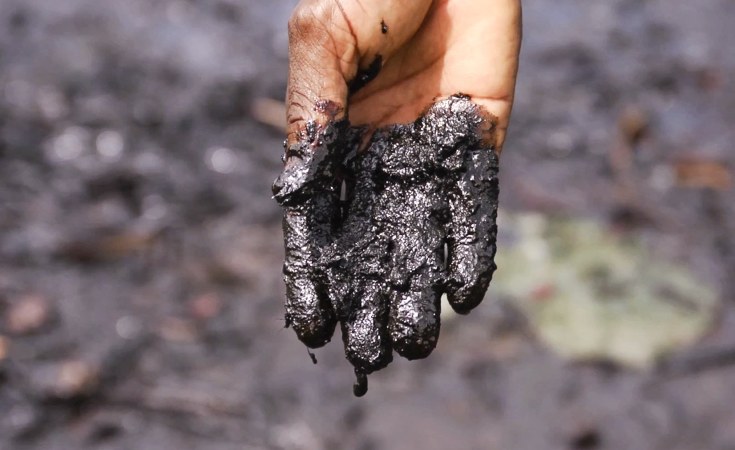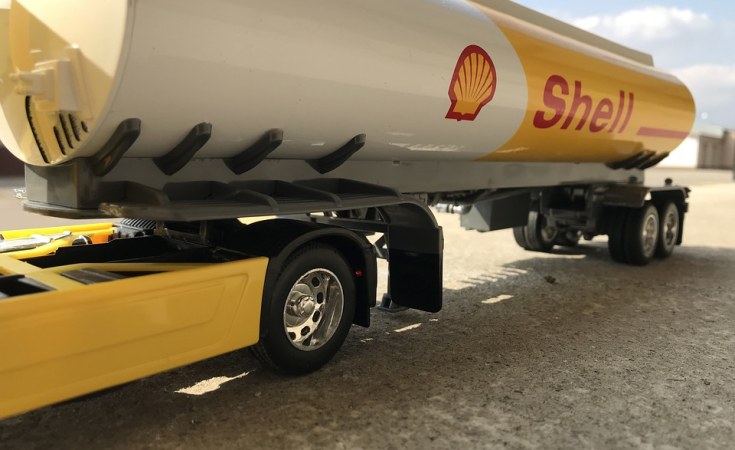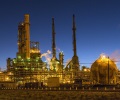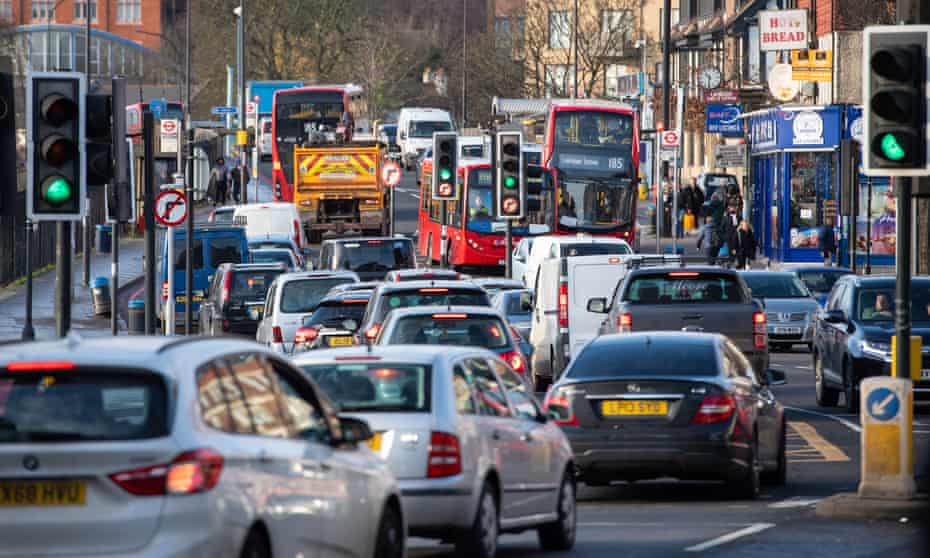
Pixabay
(file photo).
28 DECEMBER 2021
Vanguard (Lagos)By Obinna Chima
... Says holistic reform of health sector overdue
No doubt that the health sector has been eventful throughout 2021. The COVID-19 pandemic in particular has disrupted every aspect of life and equally exposed massive gaps in Nigeria with its relatively weak health systems.
As the end of the year approaches, Good Health Weekly spoke to Dr Casmier Ifeanyi, a health analyst and renowned Medical Laboratory Scientist and a former National Publicity Secretary of the Association of Medical Laboratory Scientists of Nigeria, AMLSN.
In his appraisal, Ifeanyi notes that 2021 is more of a carry-over of years of numerous challenges that have long bedevilled the health sector. He regretted tthe rampant effect of brain drain on the nation's even amid the COVID-19 pandemicc and called for comprehensive and systemic repositioning of the health sector. Excerpts:
The Nigerian health sector in the year ending 2021 has been relatively eventful. This 2021 is more of a carry-over year of the numerous challenges that have long bedevilled the health sector. The preceding year 2020, was the onset of the Global COVID-19 pandemic in Nigeria. That global public health challenge caught the country very much ill-prepared for the response and containment of the pandemic.
The nation's health sector ever since has been struggling. Of course, before the pandemic, our health systems were rather in shambles, and had been roundly adjudged as frail and dysfunctional.
Our hospitals were in disrepair, dilapidated and the workforce ill-motivated. Notwithstanding the situation of the country's health sector, it proved very resilient when confronted with the challenge of the Covid-19 pandemic.
The Nigeria Health sector managed the COVID-19 response commendably considering our limited resources. Credit must be given to President Muhammadu Buhari who spared no resource towards reactivating and revamping the health system including the health infrastructure.
Unfortunately, in spite of all the huge investments, not much has changed in the sector up to the end of the year. The sad narrative is that most of the dilapidations and systemic decay subsist.
How health sector fared in all aspects
The Nigerian health sector faired poorly in the year under review. Despite enhanced budgetary provisions, the huge sums appropriated and released, it is unfortunate that the health sector is yet to better serve the Nigerian people. There were the usual episodic inglorious industrial unrest and strike especially the National Association of Resident Doctors, NARD. The 2021 NARD strike was the most protracted in recent time and it crippled the Hospitals across the country. The issues in dispute that led to the strikes are yet to become fully resolved. Again, imagine that the Federal Government released the sum of N1 billion each to almost all the 36 States and the FCT, and another tranche of about N950M each was released to all Federal Tertiary Hospitals as special Covid-19 Intervention fund, regrettably, there are virtually little or nothing in most of these hospitals commensurate to such humongous investment in the health sector in 2021.
In the year ending, Nigeria witnessed unprecedented exodus of healthcare professionals of all categories out of the country to other climes for greener pasture.
It was a matter of national embarrassment when it trended that Dubai and many other countries set up centres in hotels and in many other undisclosed places in Abuja and Lagos to massively recruit Nigerian healthcare professionals for their home countries.
Rather than address the root cause, the Nigerian Government reactionarily resorted to clamping down on such centres. Even this December, young and vibrant Nigerian healthcare professionals, the critical mass of the health workforce are still leaving the country in droves.
You cannot point to any tangible infrastructural intervention in the health sector in 2021 to support the much-touted Government interest to revamp the health sector and systems and to bring it up to par so as to meet the prevailing health challenges the nation and her people are grappling with.
Just recently, the Minister of Budget visited the University of Port Harcourt Teaching Hospital for an on-the-spot assessment of the utilisation of their own N950 million Covid-19 intervention fund.
The Minister could not hide his disappointment as he was not shown anything substantial and he left threatening that Federal Government will invoke the anti-graft agency to probe how the fund was used. Managers of the Nigerian health sector are yet to make the most of the lessons derivable from the COVID-19 experience.
Candidly, the Nigerian health sector did not fare better during the year under review. The health systems are not revamped yet; the health systems are not reformed yet. To help reposition the health sector, there is the need of urgent holistic reforms.
Effect of pandemic on the medical lab sector
Under the leadership of President Muhammadu Buhari, there has been steady improvement of budgetary allocation to the health sector. Even though we are yet to attain the 15 percent Abuja Declaration, the country has hovered between 4 and 5 percent and that is commendable progress.
If increment on the annual appropriation to the health sector. It is worrisome this budgetary improvement has not translated to an enhanced medical laboratory services provision for the Nigerian People.
To date, no medical laboratory in the public hospitals in Nigeria has any form of "third party" accreditation for the testing being performed in these hospitals. Many of the public medical laboratories are poorly equipped and resourced to provide cutting edge diagnosis.
Not much was done in the year under review to revolutionise medical laboratory services in Nigeria. The ability of a country to detect disease is a function of its capacitated medical laboratory structure and workforce.
The willful underdevelopment of the medical laboratory sector in Nigeria has continued to fester. Apart from the modest efforts of the management of the Nigeria Centre for Disease Control, NCDC, the country's ability to detect disease timeously particularly diseases that we are endemic in our country which has continued to take a huge toll on our country has remained very rudimentary.
In Nigeria, medical laboratory diagnosis of diseases such as Lassa, fever, meningitis, cholera and other childhood killer diseases remain a huge challenge. So, one key area in the Nigerian health sector needing and deserving attention is building capacity for the medical laboratory sector. We need to capacitate our medical laboratories in the tertiary health institutions, specialist hospitals and secondary health instituatons.
Supportive medical laboratory systems for timeous disease diagnoses and disease notification systems are not in place in Nigeria.
Way forward
I want to appeal to President Muhammadu Buhari to consider for 2022 a holistic reform of the Nigerian health sector as it is long overdue.
The hegemonic structure of the sector is its major impediment of the health system. Government should improve funding and track its investment in to ensure value for money and to curb corruption.
That is one effective intervention that we can help mitigate medical tourism. Government must urgently put measures in place to mitigate the ugly mass exodus of healthcare professionals occasioning brain drain.
Though not enough, the Nigerian President, a couple of days ago had directed for some interventions to assuage the agitation in the health sector.
President Mohammadu Buhari recently directed that the arrears of all the withheld salaries of health workers that embarked on strike previously, for whom the no work, no pay rule was evoked be paid. Relatedly, the National Income, Salaries and Wages Commission, this December released the approved revised hazard allowances for all categories of health workers.
Although there are misgivings about what was approved, that is also commendable because something better than N5000 has been offered by the government. That is commendable.
The government needs to do more. One of the things I expect in the new year is to resolve the issues about pay disparity, parity and relativity in the remuneration of Nigerian healthcare workers that will encourage retention and help mitigate brain drain of healthcare professionals.
The government should make it mandatory for the Chief Medical Directors and the Medical Directors of the various federal tertiary hospitals and specialist hospitals to holistically adopt the Quality Management System (QMS) and hence pursue, and attain international accreditation such as JCI and ISO for the services they render.
This is the most effective way of turning around our health system and repositioning them to better serve the Nigerian people. Everything is not about funding.







